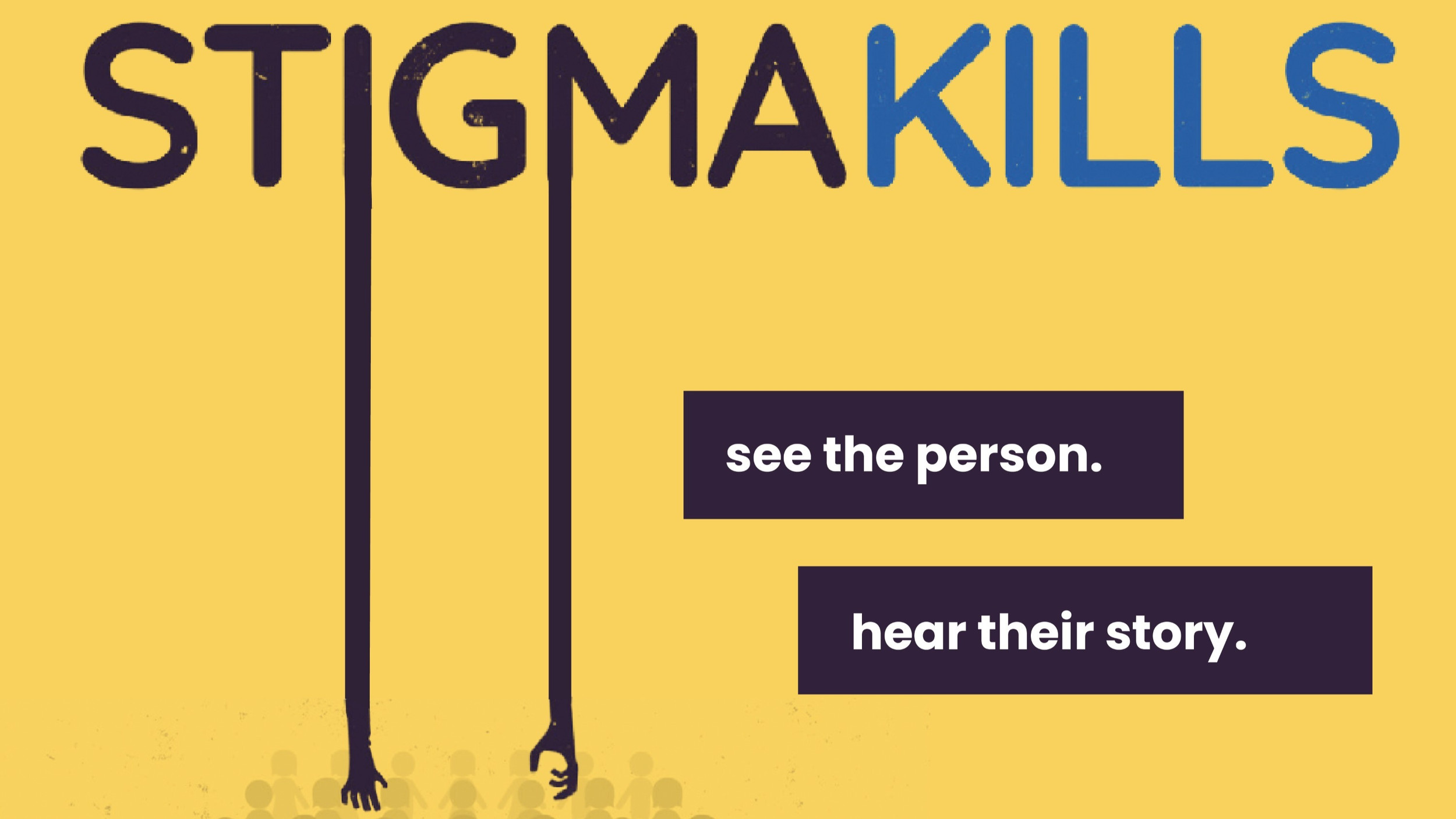Dealing With Guilt Shame and Stigma in Addiction Recovery
By Sarah Hollowell
- 2 minutes read - 354 wordsOne of the many struggles for individuals with substance abuse disorders is shame. Shame and stigma are arguably the leading reasons that people do not seek help with their addictions. If someone is still seemingly functional, they are less likely to realize or admit to having an issue. This is because so many view addicts and alcoholics as low life’s with weak character. Someone who is still holding a job, maintaining a family, and/or showing up for responsibilities can absolutely be an addict and alcoholic. However, if they admit to needing help with their substance abuse, they may lose those relationships and responsibilities that give them purpose. Stigma such as this will keep individuals away from recovery in the attempt to go it alone. Those in recovery will tell you, this is not an effective method to recover.
People need community to heal and understand what they are going through. If they do not have a community, they will be overwhelmed by their guilt and shame over their actions in addiction. They will have no solutions as to how they can help themselves, other’s or make amends.
There is a common term “shame spiral” that refers to the way in which shame and guilt can cause someone to focus on their negative pasts and drown in thoughts of the pain they have caused. This is not conducive to healing. They must approach their past in a structured way with help from a sponsor who can keep them in the mindset of solutions instead of dwelling on their problems. Shame spiraling keeps many in active addiction due to the inability to face these shameful deeds. They already feel guilty and shameful enough, society does not need to add to the stigma. This will only push those on the edge further into hiding in their addiction. We must shine a light for these struggling individuals for they have been in the dark for way too long. If we help others to see addiction as a disease, and not a moral failing, we can help people from being swallowed by shame and instead be uplifted by recovery.
